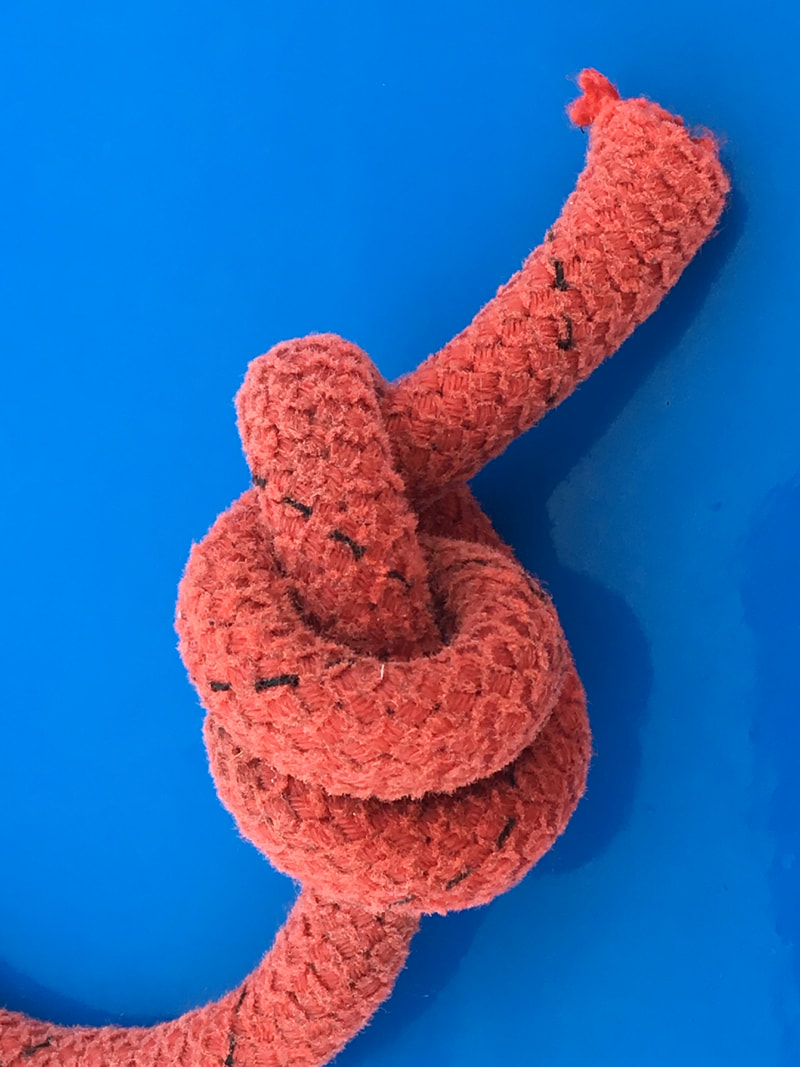|
In June of 1994 I narrowly escaped becoming a wife. Wifedom was not the problem. If a fight breaks out on a bus, is the bus the problem? No. Even if the argument involves some value judgment of the vehicle—“This bus stinks.” “No it doesn’t.” “It’s dirty.” “It’s cleaner than your mouth.”—the vehicle is simply the means of expression for the frustration, anger and misunderstanding that occurs between human beings.
And so it was with our near-marriage. Neither of us was an adequate communicator, at least not adequate to the situation. We had stumbled into relationship a few years earlier and had enjoyed a long peaceful spell, unlike the drama and fireworks of other relationships we had negotiated. That seemed a pattern for a good marriage, and on the second request I said yes. I remember it well. I had spent the morning at the MOMA in New York City, and found a little church to sit in on my way uptown. It was a shadowy place, with smelly Catholic incense leaking from the walls and a life-size crucifix above the altar. Several mumbling people sat in the pews. I slid into the empty back row. I didn’t mumble, but my thoughts weren’t organized or calm. I started noticing things, sensory things. A little daylight squeezed in through a couple of high, stained glass windows and that seemed hopeful. The floor was linoleum, and I kept thinking how I hated the feel of linoleum underfoot on a cold winter day. But it was spring. It was one of those warm spring New York days when the leaves are emerging and the whole city smells of…well, to be honest, exhaust and dogshit. On my way out of the church I thanked it, I thanked the building though I wasn’t sure why. I felt almost as if the church itself had decided to marry, relieving me of that burden and decision. So we almost did. Her religious affiliation was with the Quakers, who threw themselves into prayer and debate and finally, a year later, reached consensus around witnessing our marriage. Perhaps it was just too long to wait for affirmation, an affirmation given to more traditional couples without any such scrutiny. Yet I was impressed by the scrutiny. At the end of that year I felt I had left the scrutiny to others and done too little of it myself. I was vaguely aware that this marriage had become not just a test case for others, but a political sticking point for me. It had become an activist’s weapon, and lost its meaning as a marriage, as a commitment to another, as an act of love. We invited about thirty friends and family. Everyone was asked to bring a pie. A seamstress friend of mine made me a purple wedding frock. Two weeks before the wedding I called it off. The truth is, and the reason for telling this story now is to practice telling the truth, especially the hardest truths, some of which carry shame and all of which carry the knowledge of having done harm—the truth is that in my confusion and continued uncertainty about something called love, I glanced elsewhere and became attracted to someone else. That is the situation my not-wife and I were inadequately prepared for. We lacked the ability to sort out what was reactive and what was not, and whether, as a couple, we were actually suited to one another, and whether marriage was still the best way forward for us. We weren’t actually suited to one another, but a clumsy and unconscious unveiling of this was not helpful or necessary. It was hurtful. It caused harm to everyone involved. There. I’ve said it. And one more thing. While I regret that my not-wife was unable to forgive me, this has taught me that forgiveness, which is a word we use too often as a shallow platitude, isn’t for someone else to grant. Real, felt forgiveness has its source inside. To my surprise, because I’m still a clumsy animal prone to surprises, forgiveness of self and others is activated by truth-telling. I’ve wanted and feared to tell the regretful piece of this story, the shameful, guilt-ridden piece, for a long time. I broke the marriage. By my own actions I caused a great deal of harm. We have that before us now. Now go on.
3 Comments
Linda McMichael
2/21/2021 01:58:42 pm
"Real, felt forgiveness has its source inside" and "is activated by truth- telling." That packs a wallop. What happens, though, when you don't reveal everything, but you still attain forgiveness, from the one you hurt and yourself? Just wondering.
Reply
2/22/2021 01:40:41 pm
Thank you for telling your truth and for lighting a path toward self-forgiveness.
Reply
Carol Edelstein
3/7/2021 09:42:17 pm
Margie, I am still mulling over the purple frock. It's possible that frock could have been the problem. Or...the saving grace. I love this essay because it is so personal and yet the reader's story leaps up to meet it. Thank you.
Reply
Leave a Reply. |
AboutA place to discuss writing or anything on your mind. All visitors are invited to join the conversation by commenting on posts, asking questions, and joining the newsletter below for even more opportunities to connect and converse! Archives
April 2023
Categories |


 RSS Feed
RSS Feed